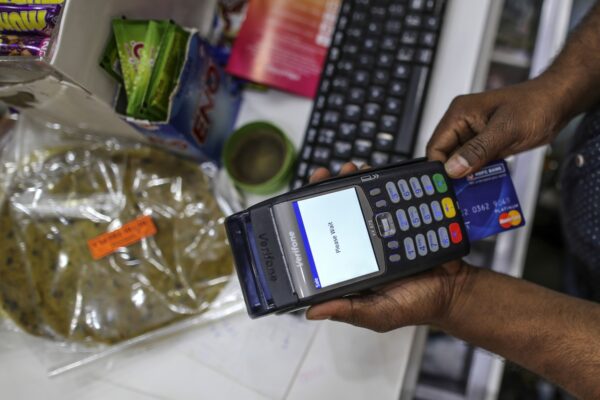By Mackenzie Hawkins
The number of Americans relying on credit cards to cover daily expenses jumped in December as households battered by inflation find their regular income is no longer enough to make ends meet.

New data released Thursday in the US Census Bureau’s Household Pulse Survey found that more than 35% of households used credit cards or loans in December to cover spending needs in the past week. That’s up from around 32% in November and just 21% in April 2021, when the Census first started collecting the data.
Use of money from savings, including withdrawals from retirement accounts, jumped in June and continued to climb through the summer as inflation hit record highs. That number has since abated, while use of credit cards is on the rise — dual trends that could indicate consumers have run down their savings, said Christine Benz, director of personal finance at Morningstar.
“Consumers are needing to rely on non-working income sources to meet their spending needs,” Benz said. “If some of these forces continue, that would be a precursor to a broader economic softening.”
Besides inflation, households’ growing reliance on alternative sources of money can be attributed to dwindling financial support from the federal government, said Shai Akabas, director of economic policy at the Bipartisan Policy Center.
Government stimulus helped families that were living paycheck to paycheck before the pandemic shore up their finances — for the bottom half of the income distribution, to a peak of more than $460 billion in excess savings in the third quarter of 2021. But most federal support programs have long since expired.
All told, many households’ financial situations mirror their pre-pandemic realities, Akabas said: living paycheck to paycheck, without sufficient savings to cover emergencies — or sustained periods of high inflation.
“It’s not surprising but it is quite concerning,” he said.
More stories like this are available on bloomberg.com.




